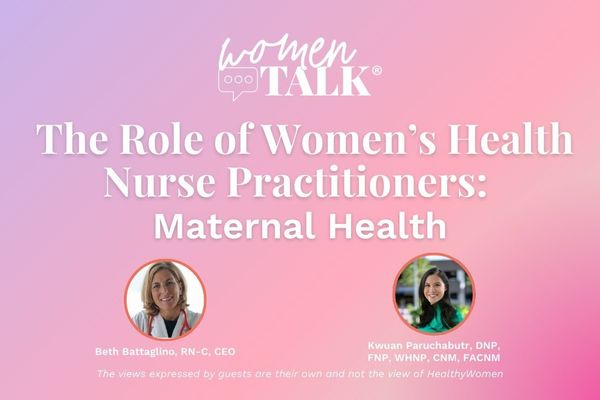After a forgetful moment, you may hear a pregnant woman say, "Oh, it must be pregnancy brain." Or perhaps you've said that yourself recently. And you may be wondering, is pregnancy brain real?
While the bodily changes that occur during pregnancy are obvious, there are also some subtle mental changes that may be related to pregnancy.
The term "pregnancy brain" refers to the forgetfulness that women sometimes experience when they're expecting. While evidence of this condition is largely anecdotal, there is reason to believe that the stress of pregnancy can affect cognition.
Why you may experience pregnancy brain
The most obvious reason why you might be forgetting simple things—like the best route home from the grocery store or your partner's birthday—is because you're simply too tired or preoccupied getting ready for your new baby, which can get pretty distracting.
Additionally, the surging levels of progesterone in your body may be causing you to lose your keys or accidentally miss a meeting. The hormone can trigger headaches, shifting moods or fatigue—and it may also be why you are having trouble remembering things, especially if you notice short-term memory loss during your first trimester. This is when progesterone hikes are the greatest.
Pregnancy may also be a boon to your brain
A study conducted by the University of Bristol's Academic Unit of Psychiatry in the United Kingdom suggested that women actually experience some significantly enhanced cognitive abilities during pregnancy. Such benefits include an improved ability to read others' emotions based on their facial expressions. Authors of the study theorized that this is a protective defense, because it may heighten a woman's ability to detect people who may be a threat.
However, the study also indicated that the ability to recognize emotions may mean that pregnant women are more prone to anxiety, since anxiety is associated with accuracy in reading facial expressions.
Research on pregnancy brain continues
While it may be difficult to make any hard and fast statements about maternal cognition, researchers from Chapman University wrote a paper for the journal Current Directions in Psychological Science that compiles much of what we know about the brain during pregnancy—and underscores that which we don't.
"Pregnancy is a critical period for central nervous system development in mothers," said Chapman psychologist Laura Glynn. "Yet we know virtually nothing about it."
Glynn and her colleagues wrote that exposure to prenatal hormones is integral to getting a woman's brain ready for motherhood, and that these chemicals are also important for fetal development.
If you find yourself forgetting things
The good news is that women who experience pregnancy brain typically report regaining their memory after giving birth. If you've had it with having to look up long-remembered phone numbers, there are a few things you can do to help improve your memory.
First, try to get a good night's sleep. This means moving televisions, computers and other technology out of the bedroom, and keeping your resting space clean, cool and quiet. Also, keep in mind that eating a balanced diet can be the difference between a foggy mind and clear thinking. Getting exercise and staying well hydrated may keep energy levels up, which in turn may help your cognition stay sharp.
Mnemonic devices can also help you remember things. For instance, creating acronyms for phrases—like RICE for rest, ice, compression and elevation, which is commonly used to treat lower extremity injuries—can improve your recall significantly. You may try making up rhymes or committing to memory keywords that help to jar your memory.







